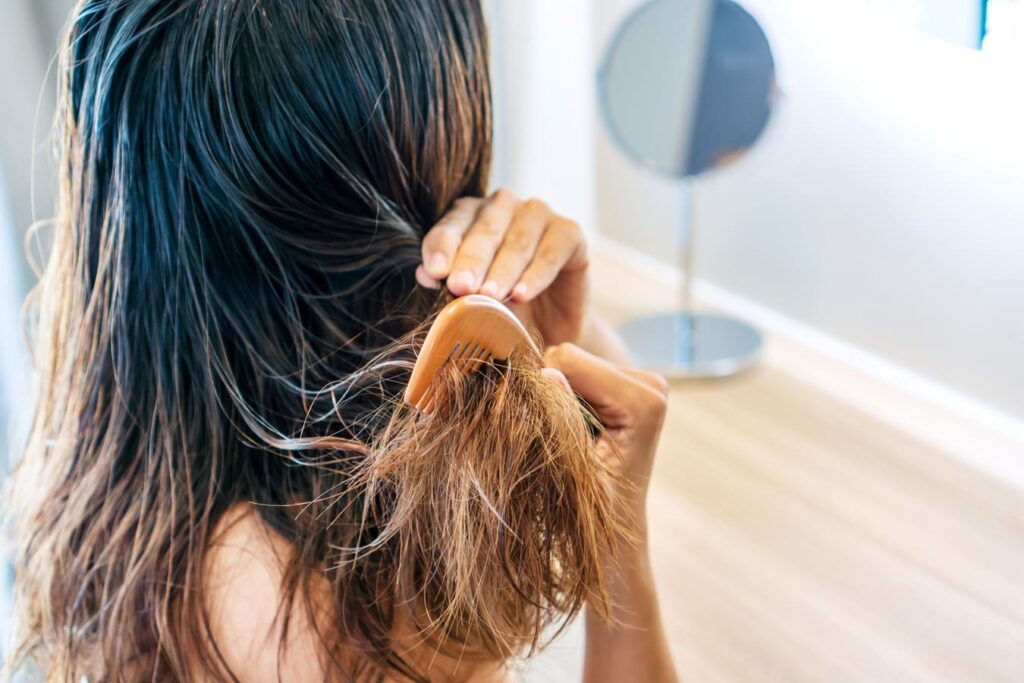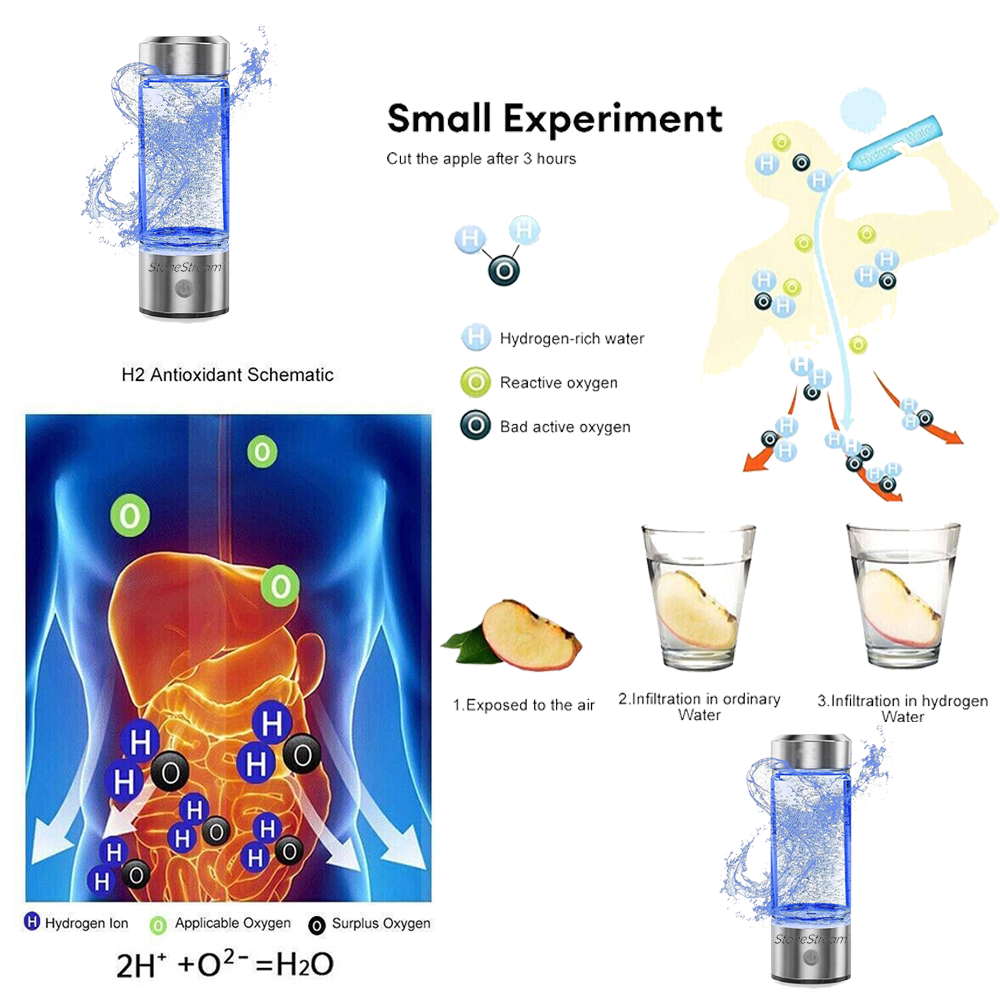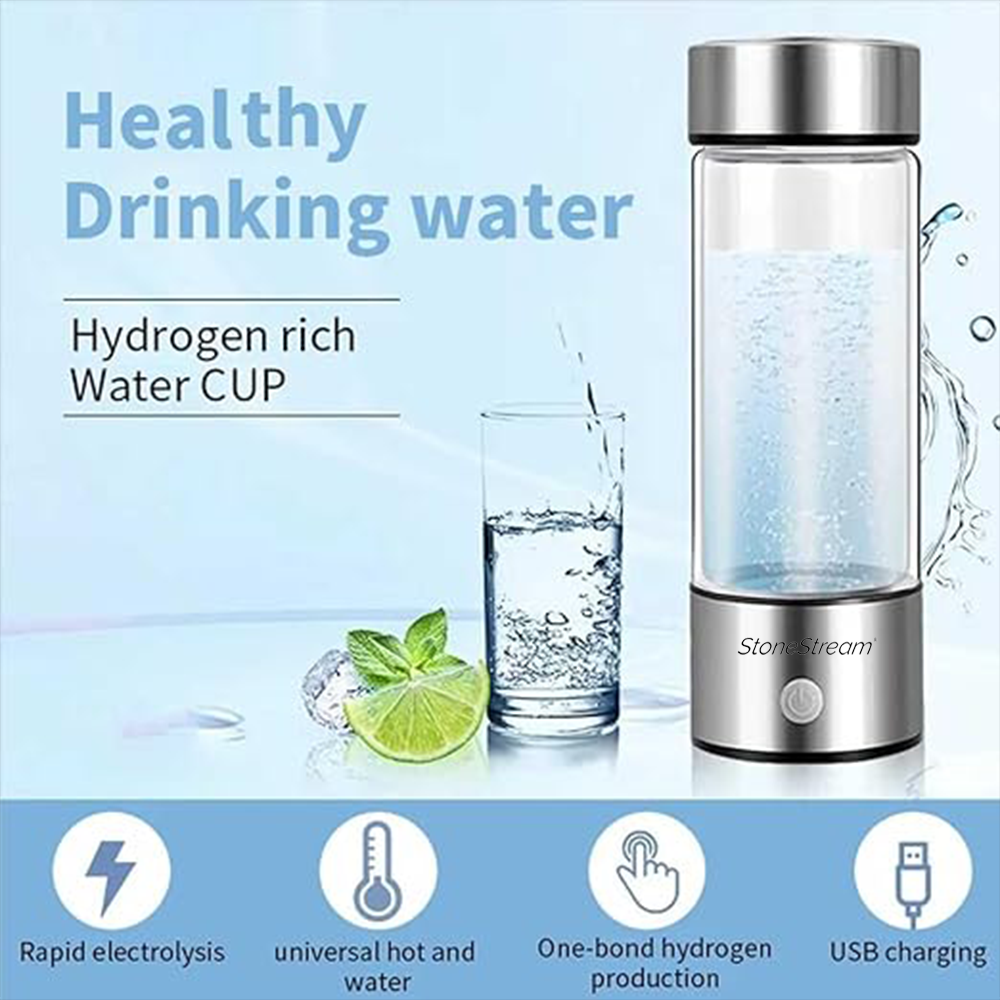Have you ever noticed how sometimes when you’re having a long luxurious shower, the spray jets start to squirt in every direction but down?
No, it’s not time to buy a new shower head. Pieces of grit or limescale are partially blocking the tiny jet holes in your shower head, that's all!
If you live in a hard water area, then you probably have particles of limescale blocking the shower spray holes. If you live in a soft water area, then the blockages might be caused by particles of rust, dust, or grit that have found their way into your water system.
Believe it or not, this is a very common situation to find yourself in, especially if you have a loft mounted cold water header tank. Lofts are very dirty places and all kinds of things can fall into the tank. Open the tank lid and you might find bits of fibreglass insulation or grit and dust. In fact, just about anything that finds its way into the tank will eventually appear at one of the hot water outlets.
So, in this article, we’re going to learn how to remove limescale from your shower head and hose. And if you live in a soft water area, then you’ll learn how to clean the shower head of all the bits of grit and rubbish that swim around in your hot water system.
What Causes Limescale on a Shower Head?
Limescale appears in your water system if you happen to live in a hard water area. You can find out about this in The Reservoir, the StoneStream Professional Knowledgebase.
Apart from installing a water conditioner to remove the calcium ions when the water enters your house, you haven’t got a lot of choices when it comes to preventing limescale buildup.
Hard water won’t make you ill and it’s perfectly okay to drink in most situations. However, the effect of hard water on soap lather and the limescale that comes with it can be a nuisance. You’ll find, in a hard water area, that the shower head's spray holes frequently get blocked and thus the shower head itself needs to be descaled regularly.
Furthermore, the scum formed by hard water's reaction with soap leaves an unpleasant film on your hair and skin. You’ll be wanting a lot more shower gel and shampoo to get rid of this mineral buildup on your skin and hair and so you'll need more rinses. It's thus not surprising that hard water can cause skin and hair problems.
How Can I Reduce My Water Hardness?
Some manufacturers sell products to soften water at the point of use. In fact, such products are usually used for washing machines and dishwashers; these appliances will have a water softener built-in.
Today, though, we’re talking exclusively about shower heads and their associated fittings.
You can easily find shower heads that incorporate water filters and softeners on the market. However, it's important to choose a good brand that is known for producing high-quality shower products. This is where StoneStream comes in!
The StoneStream EcoPower Shower Head collection is a fantastic range that has shower heads which are both durable and affordable.
Our innovative shower head contains a combination of three types of mineral filtration stones that purify and soften shower water, protecting your skin, hair, bathroom surfaces, and shower accessories from limescale buildups! Depending on the model, our shower head may also contain a fine mesh polypropylene filter designed to trap as many foreign particles as possible.
So, if you want to shop for shower heads that elevate your showering experience and improve your bathroom's hygiene level, head over to our website!
How Can I Remove Limescale from the Shower Head?
You can buy plenty of limescale cleaning liquids to clean the shower head. They will definitely be available at your local supermarket. However, this can work out to be very expensive in the long run, especially if you decide to clean the shower head regularly. Sure, if you have a very bad case of limescale, it’s worth buying these cleaning liquids. But if the limescale buildup isn't terrifyingly bad, try using white vinegar and water.
Cleaning a Shower Head Using Vinegar

Everyone would agree that it’s better not to use harsh chemicals unless there's no choice. Harsh chemicals can damage your skin and the environment!
So, let's try a method which doesn't involve the use of harsh chemicals. If you can unscrew your shower head and the hose from the wall fitting, do so. Take the fittings apart as much as you can and immerse them in a bowl of white vinegar.
For best results leave the fittings to soak overnight.
In the morning, remove the shower head parts from the vinegar and rinse them thoroughly with warm and clean water. Check that the water flows through the spray holes without obstruction. If necessary, you may use a pin to unblock some of the spray holes.
If you want to descale the shower head quickly, heat the vinegar before soaking the fittings. However, try not to get the liquid too hot or you might damage the plastic fittings.
Then, wipe the outside surface of the fitting with a sponge or soft cloth dipped in vinegar. Don’t use a metal scourer as this will damage the surface finish and spray holes.
If you have a fixed shower head, put the vinegar into a plastic bag (think of something similar to a sandwich bag). Place this bag over the shower head, ensuring that the entire head is submerged in the vinegar. Tie the bag behind the shower head using some string and leave overnight. Remember to rinse everything in the morning!
Cleaning a Shower Hose
You’ve probably already realised this, but it’s no use spending a lot of time removing limescale from the shower head whilst ignoring the deposits on your shower accessories, hose, and pipework. Cleaning your fixed water pipes is a job for your plumber, but the shower hose can be cleaned just like the shower head. Add hot water and vinegar into your bathtub and allow the hose to soak in the solution. You may have to repeat this a few times to remove all the limescale.

Some Safety Tips
Although vinegar is edible and won’t do you any harm, it’s still a corrosive chemical and should be treated as such. If you have scratches or cuts on your skin or if the vinegar splashes in your eyes, it can be very painful! Please take into consideration the safety tips given below:
-
Always wear protective waterproof gloves and cover as much of your skin as possible. Even if you haven’t got any broken skin, prolonged contact with vinegar can cause all kinds of skin problems.
-
Don’t forget to wear splashproof safety spectacles to protect your eyes.
-
Vinegar fumes can be overpowering, especially if it’s hot vinegar. So, ventilate the room and wear appropriate breathing protection.
A Descaled Shower Head is a Pleasure to Use
Hard water causes unsightly limescale deposits that not only look dirty but also reduce your showering pleasure. The good news, however, is that all you need to do is regularly clean the shower head and hose using the methods outlined above. But what's something better that you can do? Choosing a shower head with a built-in filter that can tackle hard water.
Even if there are no obvious blockages, it’s worthwhile to regularly descale your shower head, just to keep it working at its optimum level. You'll be able to enjoy your showers more if you keep your shower head and hose clean and descaled. Additionally, don’t forget to clean the limescale and scum from the shower screen as well. Happy clean showering!
Still confused? We've got you covered. The following video will help you understand how to clean your StoneStream shower head:



